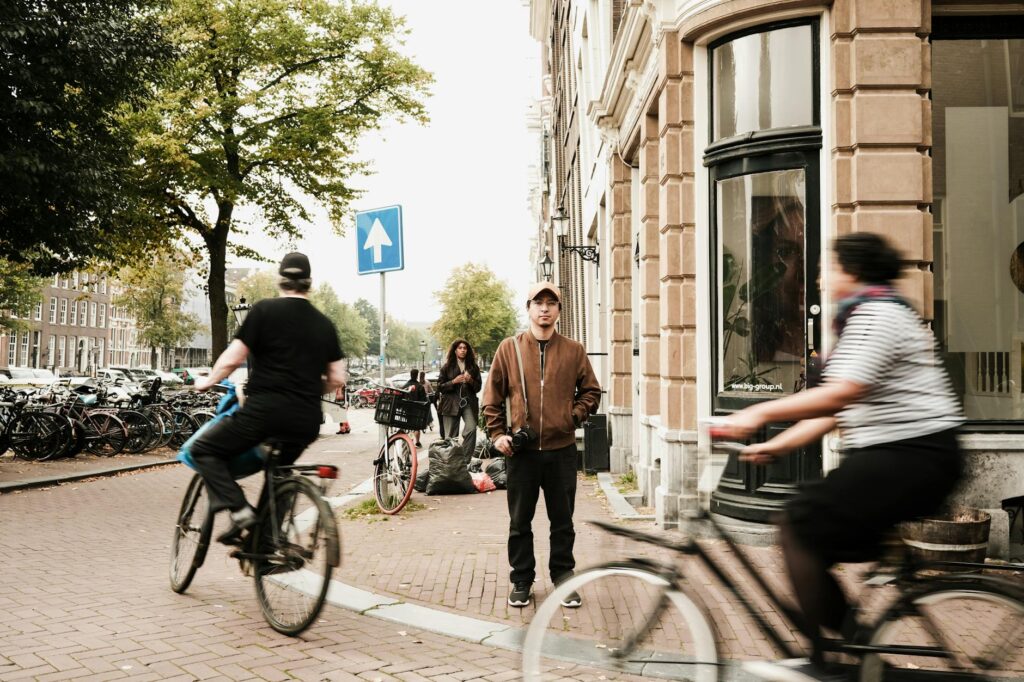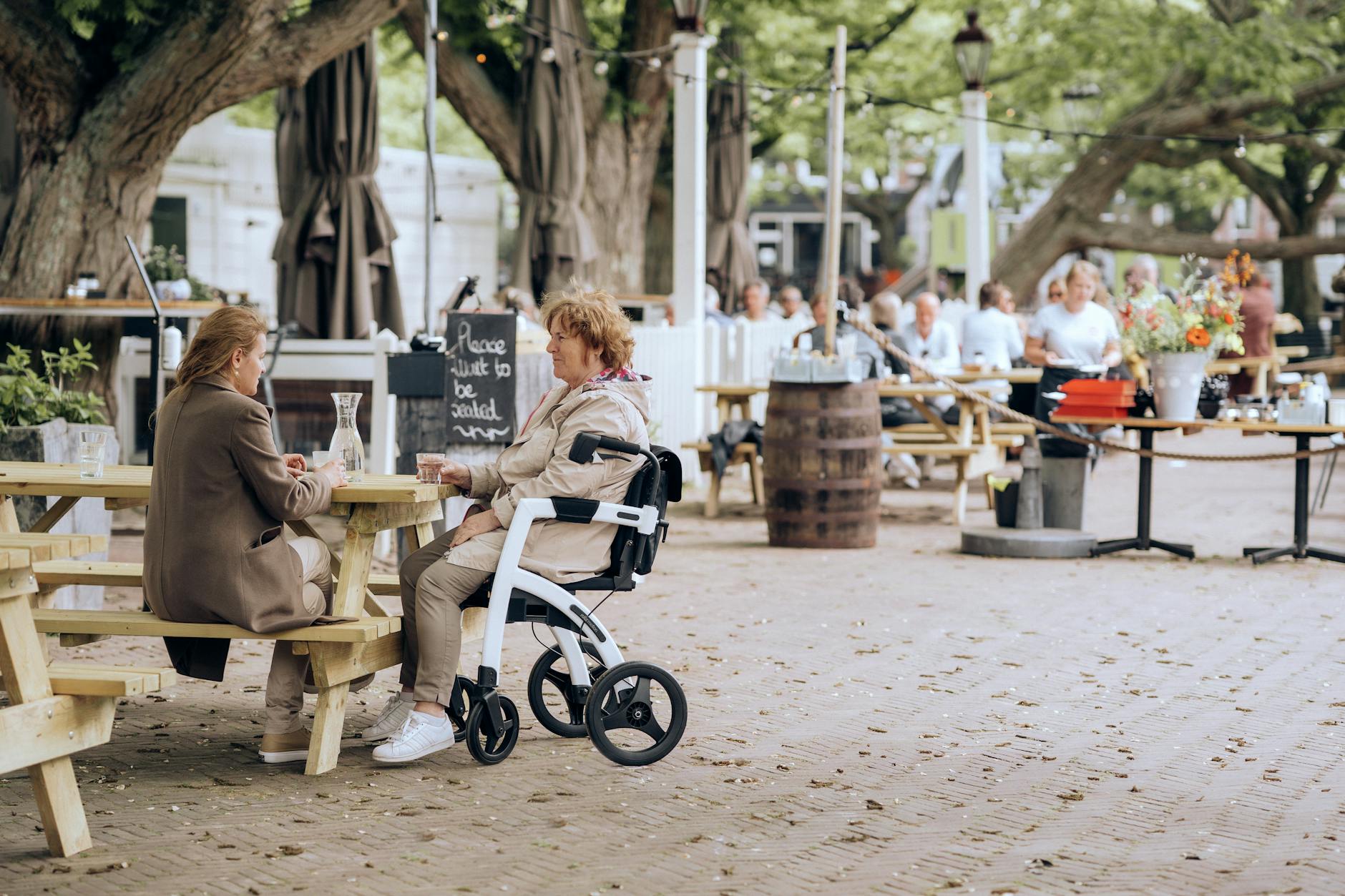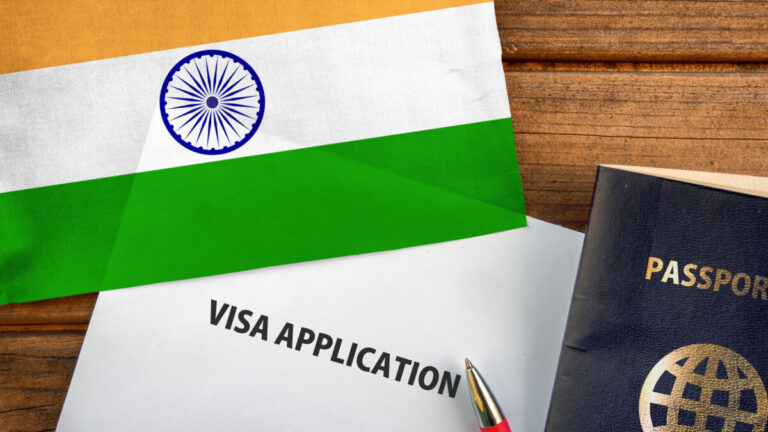
Photo by Airam Dato-on on <a href="https://www.pexels.com/photo/man-in-jacket-behind-people-on-bicycles-18635975/" rel="nofollow">Pexels.com</a>
When people think of the Netherlands, images of tulip fields, canals, and windmills often come to mind. But beyond its scenic charm, the country is globally recognized for something equally valuable — its outstanding work-life balance. The Dutch approach is often held up as a model for how societies can prioritize both productivity and personal well-being.
Shorter Working Hours, Greater Productivity
In the Netherlands, the average workweek is around 36 hours, with many people choosing four-day weeks. Rather than focusing on long office hours, Dutch employers encourage efficiency during working hours so employees can enjoy life outside of work.
Legal Support for Flexibility
Dutch labor laws strongly support flexible work. Employees have the legal right to request changes in their working hours or schedules to accommodate personal needs, such as childcare, education, or health. This helps create a culture where personal commitments are respected.
Family-Centric Culture
The Netherlands has one of the highest rates of part-time work in the world, especially among parents. Over 75% of mothers and 25% of fathers work part-time, ensuring they can spend quality time with children without giving up their careers.
A Lifestyle That Reflects Balance

Travellers and expats often notice how the Dutch value leisure. Evenings and weekends are typically reserved for cycling with family, visiting cafes, or enjoying outdoor activities. The focus is on living life, not just earning a living.
International Recognition
According to the OECD Better Life Index, the Netherlands consistently ranks among the top nations for work-life balance. Fewer than 1% of Dutch employees work extremely long hours, compared to the global average of 11%. This balance translates into higher happiness scores, better health, and stronger communities.
The Dutch perspective shows that work-life balance is not just an individual responsibility but a societal value. By combining efficient work practices with supportive policies and cultural acceptance, the Netherlands has built a lifestyle admired worldwide. For travellers, expats, and professionals, the country offers a glimpse into how life can be lived with harmony between work and personal joy.



